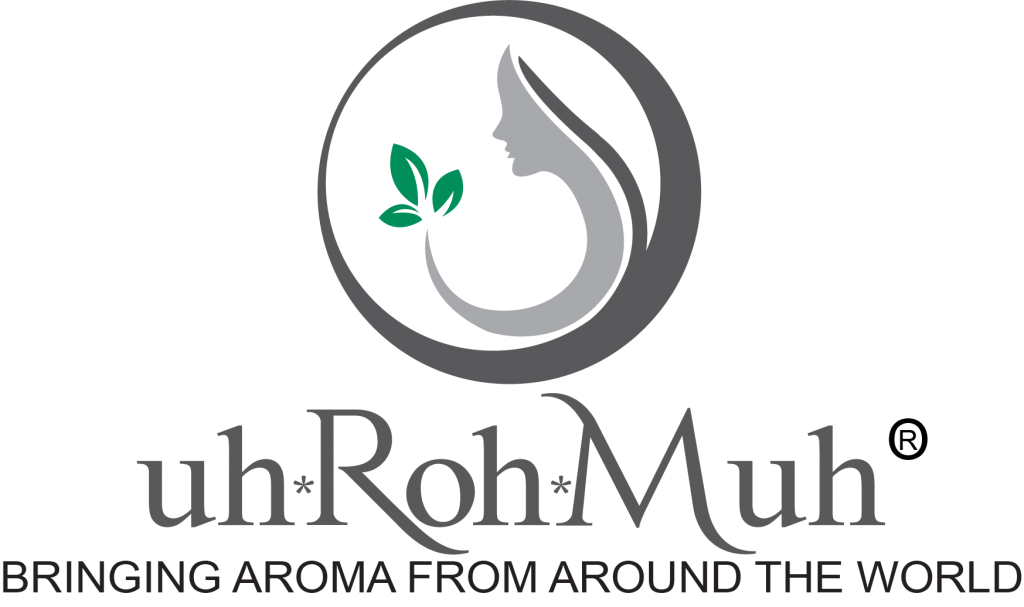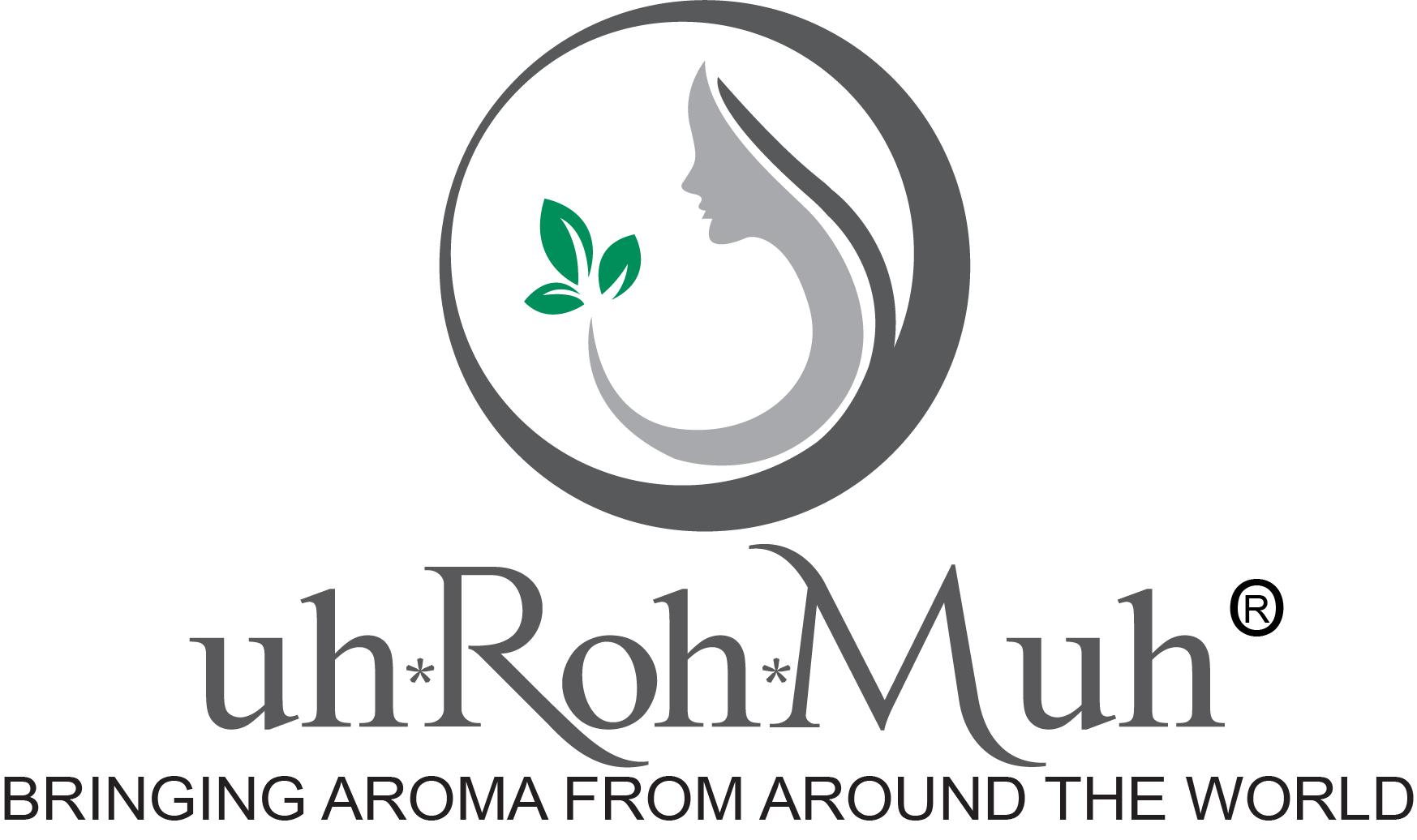Bay Essential Oil
Bay essential oil, also known as bay tree essential oil, is derived from the pimenta acris – myrtacae, a tropical tree indigenous to South America. Not to be confused with the bay laurel tree, the bayberry shrub, or the wax myrtle, it is actually closer to the tree from which allspice berries are produced. Bay essential oil is steam distilled from the dried leaves and berries of the bay tree, the primary sources of which can be found in the Caribbean, but also in Morocco, Turkey, and Spain. The oil presents as a medium amber to brown liquid with a strong, spicy top fragrance note that is similar to clove, with warm fruity and floral notes. The chemical components of bay essential oil are a-pinene, b-pinene, neral, methyl chavicol, myrcene, a-terpineol, geranyl acetate, chavicol, limonene, linalool, and eugenol – about 70% phenols. It is primarily used as a hair tonic, or as a treatment to prevent hair loss, and you’ll find it as a component of many men’s soaps and toiletries.
Bay essential oil : Background
Native to the West Indies, the bay tree does best in tropical climes, where it grows 10-20 meters in height, producing elongated leaves, white-yellow flowers, and black berries. In Roman times, victors of the Olympic Games were presented with a bay wreath, as it was symbolic of peace, wisdom, and protection. In the West Indies, the leaves of the bay tree were distilled with rum to make a hair tonic, which could also double as a body rub to soothe the aches and pains of the flu or to stimulate sore muscles. In the middle ages, a bay tree was often planted at the entrance to a house to protect and promote success. It is well known for its benefits to the skin and scalp, and its masculine aroma lends itself well to men’s toiletries.
Bay oil : Benefits
Fever reduction: lowers body temperature, which can help to reduce a fever caused by influenza or viral infection.
Anti-fungal: inhibits the growth of various germs and fungal infections, and prevents such infections from taking hold.
Respiratory: soothes the breathing passages and helps you to breathe easier.
Congestion: eases sinus and chest congestion due to colds and seasonal/environmental allergies.
Expectorant: helps to loosen phlegm in the chest, encouraging a cough to become productive and rid the body of mucous.
Heals the skin: heals all kinds of cuts and minor skin abrasions, and helps to reduce healing time for herpes simplex, acne, psoriasis, and chicken pox.
Depression: combats depression by uplifting the mood and encouraging positive thoughts.
Hair loss: stimulates and strengthens the scalp and hair follicles, which can slow or prevent hair loss from alopecia.
Digestive: stimulates digestive enzyme production which helps the body break down food more quickly and efficiently. Also stimulates the digestive and excretory tract, promoting good bowel and colon health.
Antiseptic/Antibiotic: bay essential oil has a pronounced antibiotic effect, and has been proven to kill drug-resistant staph bacterial strains as well as salmonella, e-coli, and listeria. It also has strong antiseptic qualities and can help prevent infection in cuts and wounds.
Fungicide: effective against fungal infections of the skin.
Acne: helps to lessen acne outbreaks, especially if related to overly oily skin. Tightens the pores and stimulates blood flow, helping the outer surface of the skin to detoxify and become more healthy-looking.
Analgesic: bay essential oil has a strong local anesthetic effect, making it effective in treating toothaches as well as aches, pains, and bruises.
Anti-spasmodic: conditions that are caused by spasms, such as menstrual cramps, seizures, nervous tics, and stomach cramps can be eased with bay essential oil. Avoid the tendency to over-use, however, as too much can have the opposite of the desired effect.
Appetite stimulant: stimulates the production of stomach enzymes, which can help to encourage a healthy appetite.
Regulates/stimulates menstrual cycle: tones the endocrine system by regulating hormonal and enzymatic secretions.
Depression: uplifts the mood and stimulates the brain and generally helps you feel more alert and alive.
Colds and flu: eases symptoms of upper respiratory diseases, such as coughs, congestion, muscle aches, fatigue, and other associated complaints.
Fever reducer: promotes perspiration, which can effectively lower body temperature.
Insect repellant: keeps flying, biting insects at bay.
Sedative: in higher concentrations, bay essential oil produces a sedative effect.
Aids in detoxification: stimulates perspiration, helping to rid the body of harmful airborne and environmental toxins.
Whole-body tonic: stimulates blood circulation and invigorates the central nervous system, improves metabolic function and tones the liver and intestinal tract.
Stomach/digestive tonic: settles the stomach and digestive system, helps to expel gas and relieve intestinal discomfort, including diarrhea.
Hair tonic: an excellent treatment for dry, itchy scalp, dandruff, or to treat overly oily hair and scalp conditions. Stimulates new hair growth, and can be helpful in treating alopecia.
Astringent/skin tonic: tightens pores and strengthens sagging skin on the face and body while strengthening the scalp at the roots of the hair.
Men’s cosmetics: bay is often used as a fragrance for men’s aftershaves, hair tonics, soaps, lotions, and more. Its astringent qualities help to remove excess oils from the scalp and skin, tighten pores and stimulate circulation on the skin’s surface.
Contraindications
Bay essential oil is a strong irritant, and care should be taken. One of its primary constituents, eugenol, is highly corrosive to metals. Avoid bay essential oil if you are pregnant or nursing, or suffer from epilepsy or seizure disorders. If you have cancer or suffer from liver or kidney damage, you should avoid bay tree oil. Bay essential oil may inhibit blood clotting, so should be avoided if you take blood-thinning medications. Always heed recommended dilution ratios, and do not use on children unless under the direct supervision of a practitioner who is qualified in essential oil therapy. Take care to avoid contact with mucous membranes, including the eyes and inner ear, and do not apply undiluted to broken skin. Bay oil is not recommended for internal use.
Disclaimer
These statements have not been evaluated by the Food and Drug Administration. This product is not intended to diagnose, treat, cure or prevent any disease. If you are pregnant, nursing, taking medication, or have a medical condition, consult your physician before using this product.




You must be logged in to post a comment.